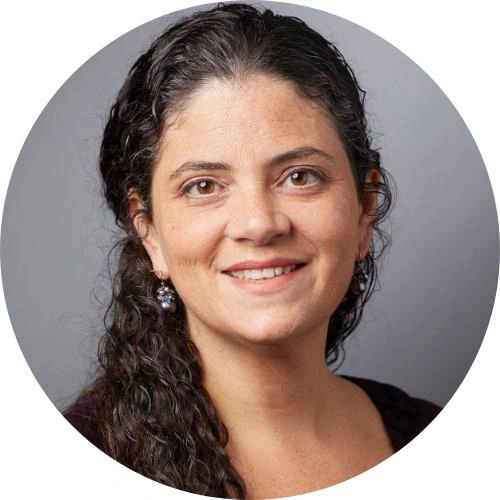
Understanding Breast Cancer Treatment Options
A breast cancer diagnosis can feel overwhelming, but advances in medicine have created a wide range of effective treatment options. The type of treatment recommended depends on the cancer’s stage, type, and individual health needs.
Breast cancer care typically includes a combination of localized and systemic treatments, which may involve surgery, medication, radiation, or a mix of all three.
Localized Breast Cancer Treatments
Localized treatments are aimed at removing or destroying cancer in a specific area, typically the breast and nearby lymph nodes.
Surgical Options
1. Lumpectomy
- Removes the tumor and a small margin of surrounding tissue.
- Breast-conserving option.
- Often followed by radiation therapy to reduce recurrence.
2. Mastectomy
- Removes the entire breast.
- May be necessary for larger or multiple tumors, or by patient choice.
- Some patients opt for breast reconstruction surgery after mastectomy.
Systemic Breast Cancer Treatments
Systemic treatments involve medications that travel throughout the body to kill cancer cells or stop their growth.
1. Chemotherapy
- Delivered intravenously or orally.
- Used before surgery (neoadjuvant) to shrink tumors or after surgery (adjuvant) to prevent recurrence.
- Common side effects include fatigue, nausea, hair loss, and lowered immunity.
2. Hormone Therapy
- For cancers that are hormone receptor-positive (HR+).
- Works by blocking estrogen or progesterone from helping cancer grow.
- Often taken daily for 5 to 10 years post-surgery.
3. Targeted Therapy
- Focuses on specific genetic mutations or proteins (like HER2).
- Fewer side effects compared to chemotherapy.
- Used for HER2-positive or other biomarker-driven breast cancers.
4. Immunotherapy
- Boosts the body’s immune system to fight cancer.
- Still under study for many breast cancer types.
- More effective in triple-negative breast cancer in some cases.
Which Doctors Are Involved in Breast Cancer Treatment?
Treatment is a team effort. You may work with several specialists, each playing a key role:
- Breast Surgeon – Performs lumpectomies or mastectomies and may work with a plastic surgeon for reconstruction.
- Medical Oncologist – Oversees chemotherapy, hormone therapy, targeted therapy, and immunotherapy.
- Radiation Oncologist – Administers radiation therapy when needed to destroy remaining cancer cells.
- Plastic & Reconstructive Surgeon – Specializes in breast reconstruction after a mastectomy.
- Primary Care Provider (PCP) – Helps coordinate general health and wellness during treatment and recovery.
Comprehensive Breast Cancer Care at BASS Medical Group
At BASS Medical Group, our multidisciplinary team includes breast surgeons, oncologists, and support staff who guide patients through every phase of treatment. Whether you're facing early-stage cancer or navigating complex therapies, we're here to help.
Schedule a consultation today to explore your breast cancer treatment options with the expert team at BASS Cancer Center.




